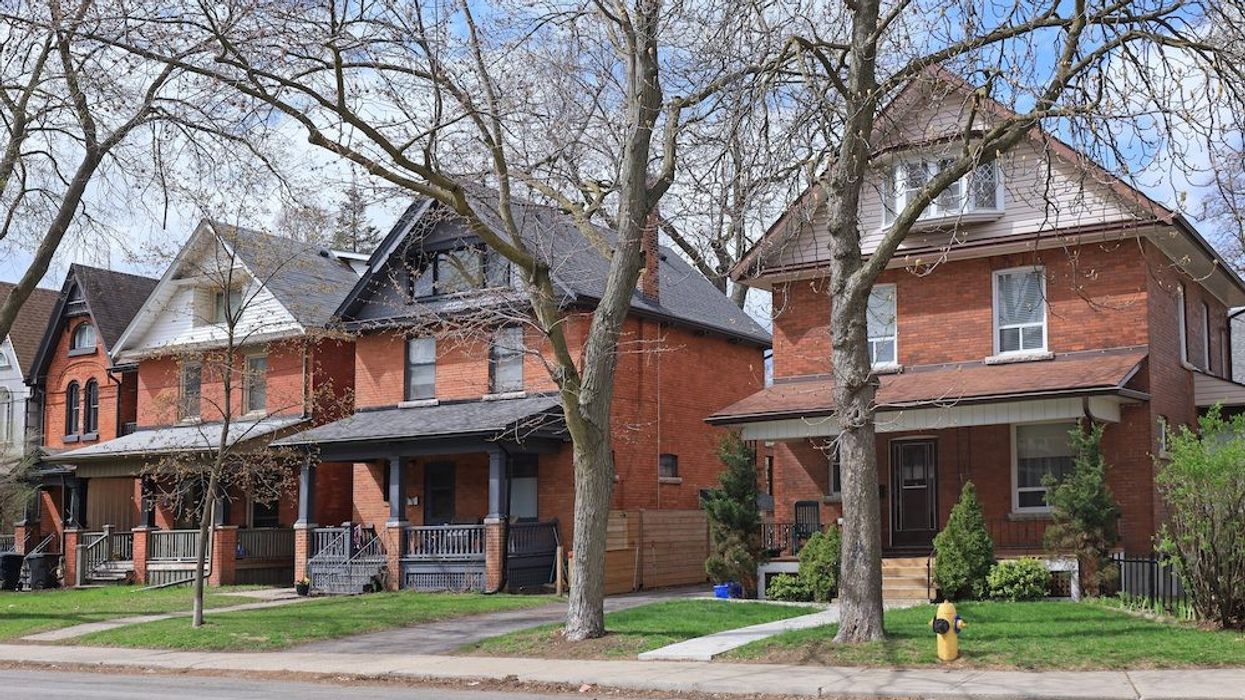National home prices are set to slide even further than expected this year, according to top brass from the Canada Mortgage and Housing Corporation.
In an interview conducted Thursday at the Bloomberg Canadian Finance Conference, CMHC Chief Executive Officer Romy Bowers said the national housing agency intends to update its previous forecast -- which called for a 5% price dip in July by mid-2023 -- to a 10 - 15% decrease.
“We’ve seen that inflation has been more persistent than we originally anticipated and the Bank of Canada is taking more aggressive action, so we’re in the process of revising our forecasts,” said Bowers.
However, she pointed out, today’s price declines must be viewed against the unprecedented price runs ups experienced across Canada over the course of the pandemic.
“It’s very important when thinking about this price decrease to think about the rapid, sort of unsustainable, levels of house price increases that occurred during the pandemic,” she said.
Higher mortgage rates are the main culprit behind softening market conditions, slashing purchasing power and considerably cooled homebuying demand. The Canadian Real Estate Association reported in August that sales dropped for the sixth month in a row and that the average home price fell 3.1% year over year to $637,673, standing nearly $180,000 lower than the peak recorded in February.
READ: Home Ownership in Canada Has Never Been This Unaffordable
Similar declines have also been observed in Canada’s largest urban centre markets; prices remained flat on an annual basis in Toronto last month with sales down 34.2%.
The cost of borrowing has spiked by 3% since March -- the fastest pace since the 90s -- as the Bank of Canada has had to embark on an aggressive tightening cycle, in order to reign in inflation growth. It has hiked its trend-setting Overnight Lending Rate, which is used by consumer lenders to set Prime, five times, from the pandemic low of 0.25%, to 3.25%. As a result, both five-year variable mortgage rates have surged to the 4.5% range, with fixed-rate options (driven higher by bond yields reacting to monetary policy) roughly a percentage higher.
As a result, new mortgage applicants are being stress tested in the 6 - 7% range, which has considerably decreased affordability. In fact, according to new data released by RE/MAX, nearly half -- 44% -- of all Canadians are choosing not to make a home purchase in the near future due to rate hikes. A separate analysis released today by RBC finds that, as a result of rising interest rates, today’s homebuyers face the most unaffordable conditions ever seen.
“The frenzy that drove resale activity and prices to incredible heights at the start of this year is gone,” wrote report author and RBC economist Robert Hogue. “Many buyers have been forced to the sidelines either because they no longer qualify for a mortgage or have seen their purchasing budget drastically reduced. Home resales have plummeted more than 30% since February and prices are now softening, especially in Ontario and parts of British Columbia.”





















